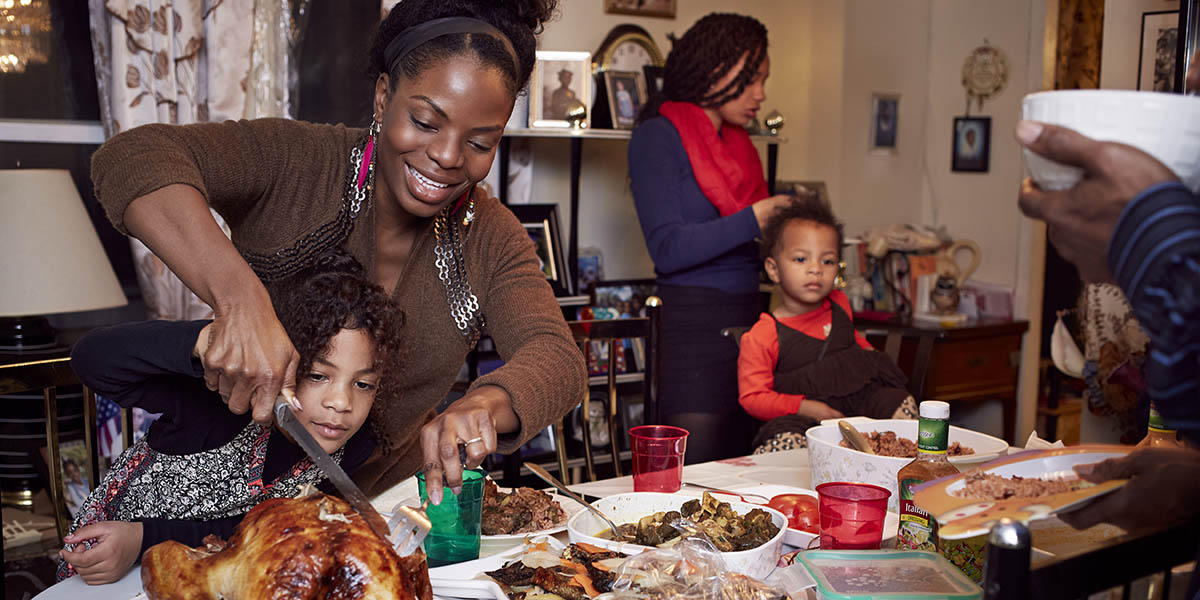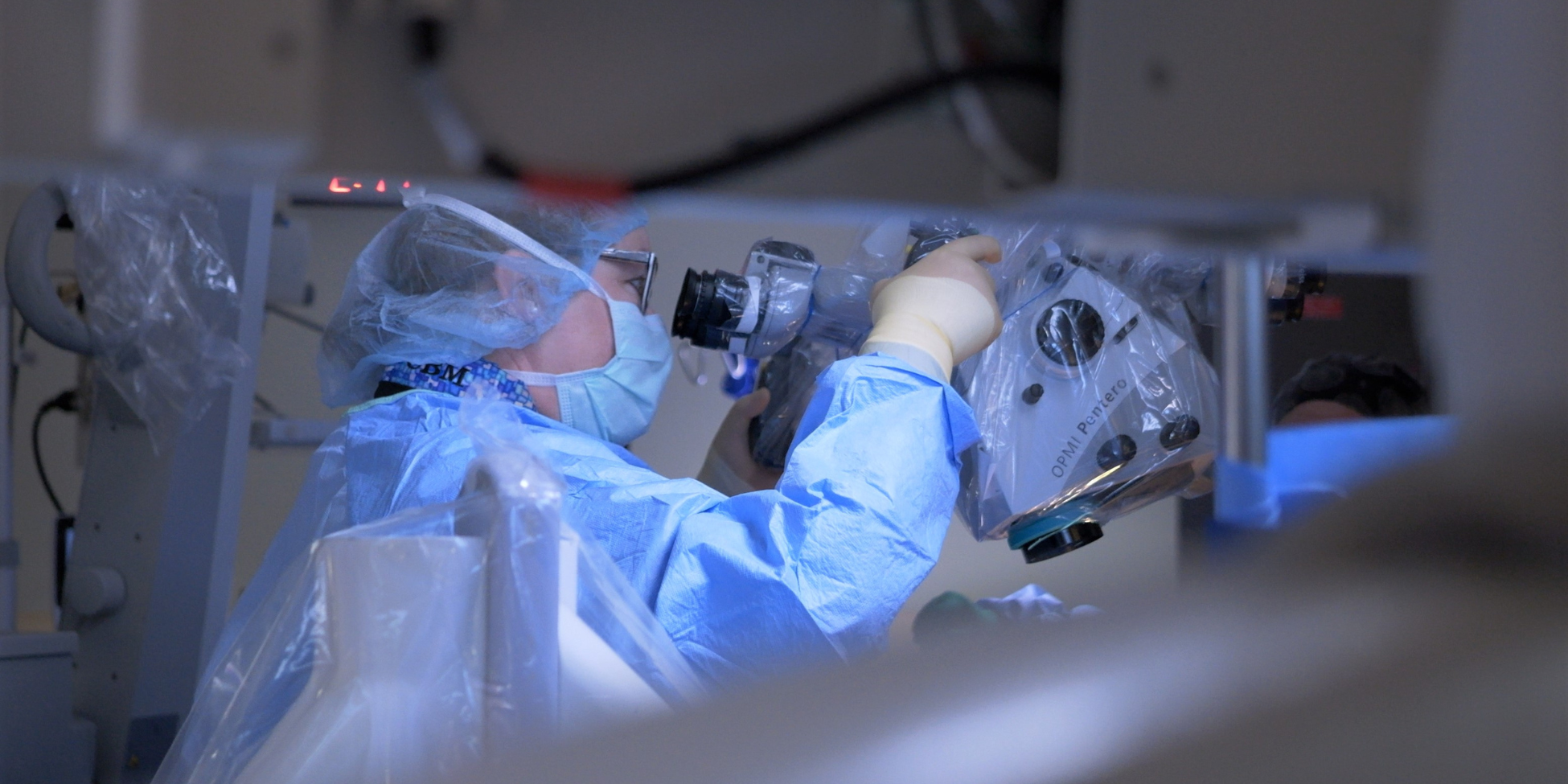
Food Poisoning: An unwanted holiday guest
The holiday season is approaching and that means it's time to prepare festive dishes and meals to share with family and friends.
From deviled eggs to spinach artichoke dip, there are plenty of opportunities to be introduced to new foods that could become favorites.
However, everyone from the cooks to those enjoying the spread should take steps to reduce the unpleasant potential of food poisoning.
Jordan Adams, DO, a family medicine physician with Spartanburg Regional Healthcare System, said food poisoning stems from eating contaminated food.
“Sometimes, only one portion of food might be contaminated, or it could be the timing if that food was left out,” Dr. Adams said. “Once it's warm or not cooled properly, it sets up an environment for bacteria to grow.”
Adams said the elderly, young children and people diagnosed with chronic diseases are more prone to food poisoning because of weaker immune systems.
Common symptoms of food poisoning include a day or two of diarrhea, vomiting, dehydration, abdominal pain and fever.
If those symptoms last more than two days, visit your internist or family medicine doctor or one of Spartanburg Regional's five Immediate Care Centers.
If abdominal pain is severe, liquids can't be kept down or there's blood in vomit or stool, visit an emergency department.
Tips to prevent food poisoning
- Make sure to wash hands before preparing food and wash hands often, especially after handling raw meat.
- Cooking surfaces and utensils should be clean to reduce the potential for contaminants.
- Keep raw foods away from ready-to-eat dishes.
- Cook food, especially meat, to the proper temperature.
- Refrigerate food within two hours of cooking.
- Safely defrost food by using a microwave or letting items, including turkeys, gradually thaw overnight in the refrigerator instead of sitting out to reach room temperature.
- If there's any doubt that it's safe to eat, throw it out.
Adams reinforces the importance of everyone practicing good hand hygiene no matter if they're cooking or they're a guest enjoying the smorgasbord arranged at a holiday party.
“It's one of the biggest things you can do to prevent food poisoning,” he said.
Learn more about where Spartanburg Regional's immediate care centers are located.












